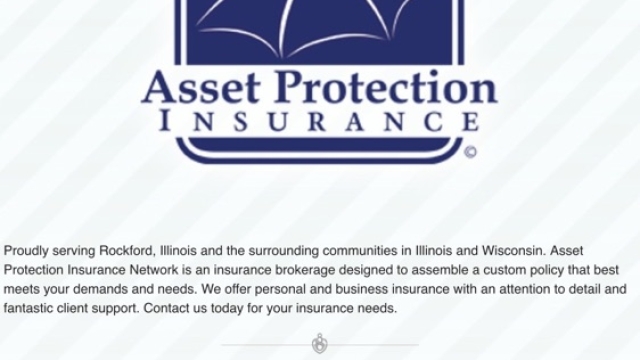
Running a successful business requires careful planning and diligent decision-making. One key aspect that should not be overlooked is commercial insurance. With the ever-present risks and uncertainties in the business world, having proper coverage can provide valuable protection and peace of mind. Business insurance, also known as commercial insurance, plays a crucial role in safeguarding businesses from potential financial losses resulting from unexpected events. Whether you’re a small startup, a growing enterprise, or an established organization, understanding the world of commercial insurance is essential to ensure the longevity and success of your business. From managing risks to selecting the right coverage, let’s explore the different facets of commercial insurance and how it can benefit your business.
Understanding Business Insurance
Running a business is an exciting venture, but it also comes with its fair share of risks. To protect your investments and ensure the longevity of your company, it is essential to understand the world of business insurance. Commercial insurance is a comprehensive coverage that safeguards your business assets, employees, and customers from potential financial losses. Whether you are a small startup or an established corporation, having the right insurance coverage is vital for the success of your business.
Business insurance encompasses various types of coverage, tailored to meet the specific needs of different industries. The most common forms of commercial insurance include property insurance, general liability insurance, and workers’ compensation insurance. Property insurance safeguards your physical assets, such as buildings, equipment, and inventory, in the event of fire, theft, or natural disasters. General liability insurance, on the other hand, offers protection against claims arising from third-party injuries or property damages caused by your business operations. Lastly, workers’ compensation insurance provides coverage for employee-related injuries and illnesses, ensuring that your workers are taken care of while minimizing legal risks.
Managing risks is a fundamental part of running a business, and commercial insurance plays a crucial role in this process. By obtaining the appropriate coverage, you can safeguard your business from unforeseen events that may lead to substantial financial losses. Additionally, having the right insurance in place can also give your customers and clients the confidence and peace of mind needed to engage with your business.
In conclusion, business insurance is a critical aspect of any successful enterprise. It acts as a safety net, protecting your business from potential risks and ensuring its continuity in the face of adversity. By understanding the various types of commercial insurance available and obtaining the right coverage for your specific needs, you can secure the future of your business and focus on its growth and success.
Types of Commercial Insurance
Commercial insurance is a vital aspect of protecting your business from unforeseen circumstances. There are various types of commercial insurance that cater to different areas of risk management. Understanding these types can help you determine the right coverage for your business needs. Here are three important types of commercial insurance you should consider:
Business Property Insurance: This type of insurance provides coverage for the physical assets of your business, including buildings, equipment, furniture, and inventory. It protects against risks such as fire, theft, vandalism, and natural disasters. Business property insurance ensures that your investment is safeguarded, allowing you to recover financially in case of property damage or loss.
General Liability Insurance: General liability insurance protects your business from legal claims related to bodily injury, property damage, or personal injury caused by your business operations. It covers legal costs, medical expenses, and settlements or judgments against your business. General liability insurance is crucial for businesses that interact with customers, clients, or third parties, as it offers financial protection against potential lawsuits.
Workers’ Compensation Insurance: Workers’ compensation insurance provides coverage for medical expenses, disability, and lost wages for employees who suffer occupational injuries or illnesses. Having workers’ compensation insurance is usually mandatory for businesses with employees, as it not only protects your employees but also shields your business from potential lawsuits related to workplace injuries. It provides financial support during challenging times, ensuring that your employees are taken care of while minimizing the impact on your business.
Commercial Insurance Agency
Remember, these are just three examples of the many types of commercial insurance available. It’s essential to assess your business’s unique risks and consult with an insurance professional to determine the appropriate coverage. By adequately protecting your business with the right insurance, you can mitigate potential financial losses and focus on growing and expanding your operations.
Importance of Risk Management
Effective risk management is crucial for the success and longevity of any business. By proactively identifying and mitigating potential risks, companies can protect themselves against unexpected financial losses and ensure the continuity of their operations. This is where commercial insurance plays a vital role.
Business owners must understand that unexpected events such as natural disasters, lawsuits, or accidents can lead to significant financial setbacks. With commercial insurance, they can transfer a portion of these risks to an insurance provider, effectively safeguarding their assets and minimizing potential liabilities.
Commercial insurance not only provides financial protection but also enhances the credibility and reputation of a business. By demonstrating a commitment to risk management, companies can instill confidence in their clients, partners, and stakeholders. This not only helps attract and retain customers but also creates a positive image in the industry, enhancing the chances of future growth and success.



